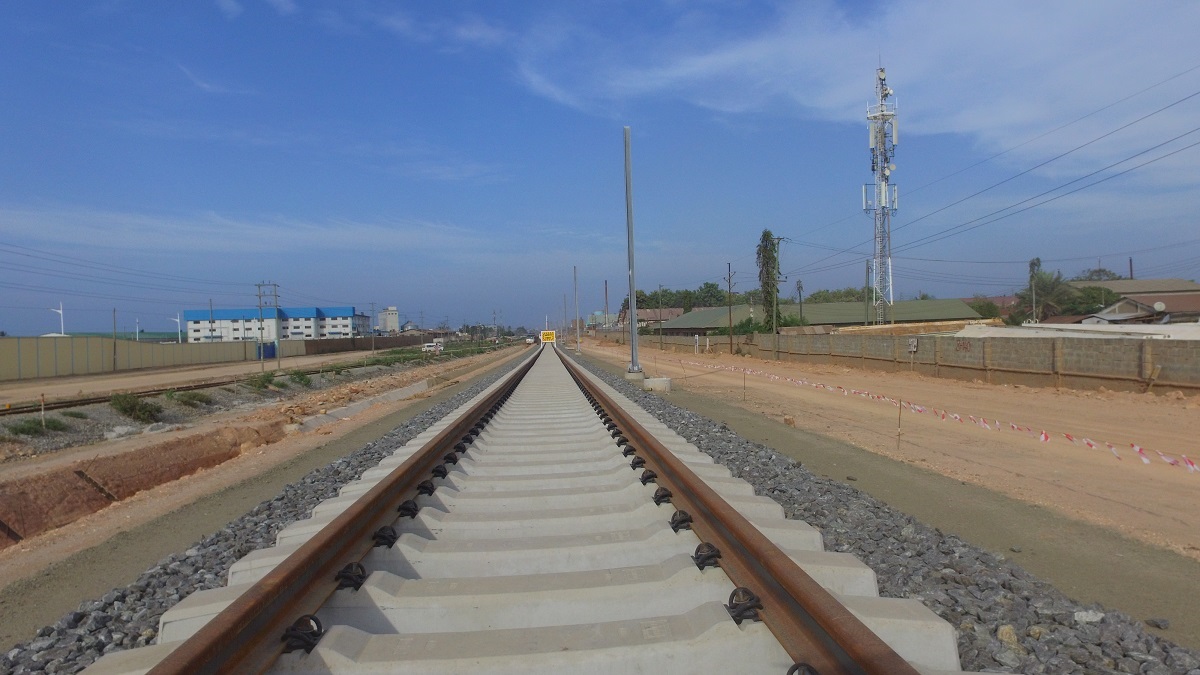The Bank of Industry is Nigeria’s oldest and largest Development Finance Institution (DFI). The bank focuses on providing finance for the establishment of large, medium and small projects as well as the expansion, diversification and modernization of existing enterprises and rehabilitation of existing ones. These sectors include; Agro and Food Processing, Light Manufacturing, Gas and Petrochemicals, Engineering and Technology, Solid Minerals and Creative Industries (arts and entertainment).
In an interview, the Managing Director and Chief Executive Officer, Mr. Olukayode Pitan, speaks broadly to the African Leadership Magazine about the operations of the Bank of Industry in the country and the institution’s projections. Excerpts.
A lot of our readers will be interested in knowing your background and some of your experiences growing-up in Nigeria. Kindly share with us your social and educational background.
Thank you. Well, my name is Olukayode Pitan. I am the current Managing Director/Chief Executive Officer of the Bank of Industry, a role which I assumed in May 2017.
I have a Bachelor’s degree in Economics and Finance from the University of Ibadan, and a Master’s degree in International Management from the American graduate School of International Management – Thunderbird, Arizona, USA.
During my time at the University of Ibadan, I had the privilege to act in capacity as an executive with AIESEC, an international non-governmental organisation that provides young people with leadership development, cross-cultural global internships and volunteer exchange opportunities across the world. My time with AIESEC afforded me the opportunity and platform to work in different countries across the globe where I was able to build habits that I still apply till today. It also provided me with early exposure on the advantages that comes with networking. I can say that this exposure was a key contributing factor to the career that I have been able to build through the last 30 years.
I am also an ordained pastor of the Redeemed Christian Church of God.
You have over 25 years of experience in the banking sector with a track record of innovation and commitment to the development of the sector. Please tell us more about your career journey and what informed your choice of sectors.
My relationship with the Nigerian banking sector started in 1986, with the now defunct Nigeria International Bank limited as a trade officer. From there, I moved to the Industrial Bank Limited where I supervised the trade finance division of the bank.
Between 1996 and 2004, I worked at FSB International Bank Plc in many capacities. I was appointed as the Group Head in charge of Corporate Banking group. Thereafter, I, at different times led the Public Sector, Information Technology, and Energy Groups. Between 2001 and 2004, I acted in capacity as an Executive Director where I directed the Corporate Banking and Markets division of the bank. You may notice here that I worked in a wide range of industries during my time at FSB. I can say in hindsight that these numerous deployments were largely due to a sustained record of excellence in discharging my responsibilities.
I left FSB International Bank after almost a decade to assume the position of Managing Director at First Interstate Bank Plc in 2004. As you may know, this was before the consolidation exercise that took place in the banking sector. The outcome of the exercise led to First Interstate Bank merging with other banks to create Unity Bank Plc. Here, I again acted in capacity as the Executive Director in charge of Corporate Banking and Treasury Management.
It is no longer news that the bigger problem for Nigerian start-ups and aspiring entrepreneurs is access to funding. Statistics from the Nigeria Bank of Industry (BOI) reveal that there are more than 17 million SMEs not registered with the Corporate Affairs Commission (CAC) and less than 7 percent of those registered have access to credit facilities. What are some of the efforts of your Bank to reduce the challenges of access to financing in Nigeria?
Yes, you are right when you say that there is a huge imbalance between the numbers of non-registered enterprises in comparison with registered enterprises in Nigeria. We have over the years been consistent in advocating for a more favourable business environment that encourages and makes it easier for more entrepreneurs to register their enterprises with the corporate affairs commission.
Also, in line with this government’s mandate to drive entrepreneurship growth in the country, the Bank of Industry, since 2015, has sought to intensify its efforts to support SMEs in the country. We went from supporting MSMEs to the tune of about ₦5.6bn in 2015 to ₦8.0bn in 2016. This number increased significantly in 2017 where we disbursed about ₦29.5bn to MSMEs. We have continued to pursue this strategy, consequently in 2018, we disbursed about ₦33bn to MSMEs.
Towards empowering the Bottom of Pyramid, who are typically informal businesses, and as such not registered, we managed the Government’s Enterprise and Empowerment Programme (GEEP), one of the initiatives under the Social Intervention Programme (SIP) which provide financial support to micro-entrepreneurs. To date, ₦28.63billion has been disbursed to 1,517,030 beneficiaries: most of whom are petty traders, market women, youth and artisans.
Furthermore, we provide loans at favourable conditions when compared to the conventional financial institutions. These include relatively lower interest rates, longer moratorium periods and tenor.
Finally, our experience in supporting enterprises has led to our realisation that most entrepreneurs in Nigeria have limited business management skills. Hence, we also provide capacity building support through our strategic partnerships with over 200 Business Development Service Providers.
Lack of access to bank loan is worsened by high interest rates, which at present hovers between 25 and 30 percent in Nigeria. Last month, while giving a breakdown of the 2019 budget in Abuja, Mr. Udo Udoma, Nigeria’s Minister of Budget and National Planning, stated that the Federal Government has made provision of ₦10 billion for the Bank of Industry to subsidize interest rate charged on loans to SMEs. What is your take on this and how far can this provision go in reversing this trend?
Indeed, the Federal Government provided N10bn to the Bank through the National Budget. We applaud the government’s commitment to ensuring that the bank is able to achieve its mandate. To complement this gesture, we have adopted a strategy of consistently seeking out partnerships with other financial institutions who can provide us with lines of credit at low-interest rates. We have been relatively successful in this objective and continuously engage the government for support as required.
As at December 2018, the Bank of Industry disclosed that it had disbursed ₦11.5 billion in loans to petty traders and artisans under the Social Investment Programme of the Federal Government, known as TraderMoni, as part of efforts to help the petty traders to raise capital. How sustainable are the “TraderMoni” and “Marketmoni” schemes?
TraderMoni and MarketMoni are products under the Government Enterprise and Empowerment Programme (GEEP) which I had discussed earlier. Since inception, a total of ₦28.63billion has been disbursed to 1,517,030 beneficiaries. The programme is funded solely by the Federal Government’s annual appropriation budget. We believe that both schemes are sustainable. It’s important to mention that the funds disbursed are not grants but rather, loans. Hence, it is expected that the money disbursed to the beneficiaries will be paid back and recycled. Additionally, borrowers are incentivized when they repay, by being able to borrow higher amounts.
The board of the African Leadership magazine has recently endorsed your induction into the African Leadership CEOs Hall of Fame and conferment with the African Banker of the Year Award. How do you feel about this?
I thank and appreciate the African Leadership magazine for the award. I recognise the importance and prestige that comes with this award. But I want us all to reflect on the collective mandate that we as bankers have to support the real sector in the country.
A consequence of the recent recession that occurred in Nigeria, was a decline in credit to the private sector. While I am sure that my colleagues can provide very cogent arguments as to why support from their respective institutions to the private sector has declined, I still want to use this medium to challenge them to come up with creative and innovative solutions that will see them improve their support to the private sector, especially MSMEs, whilst still operating profitably.
I am aware that this will not be easy, but I am also quite confident that with a collective buy-in and commitment by all stakeholders, we can do a lot more.


